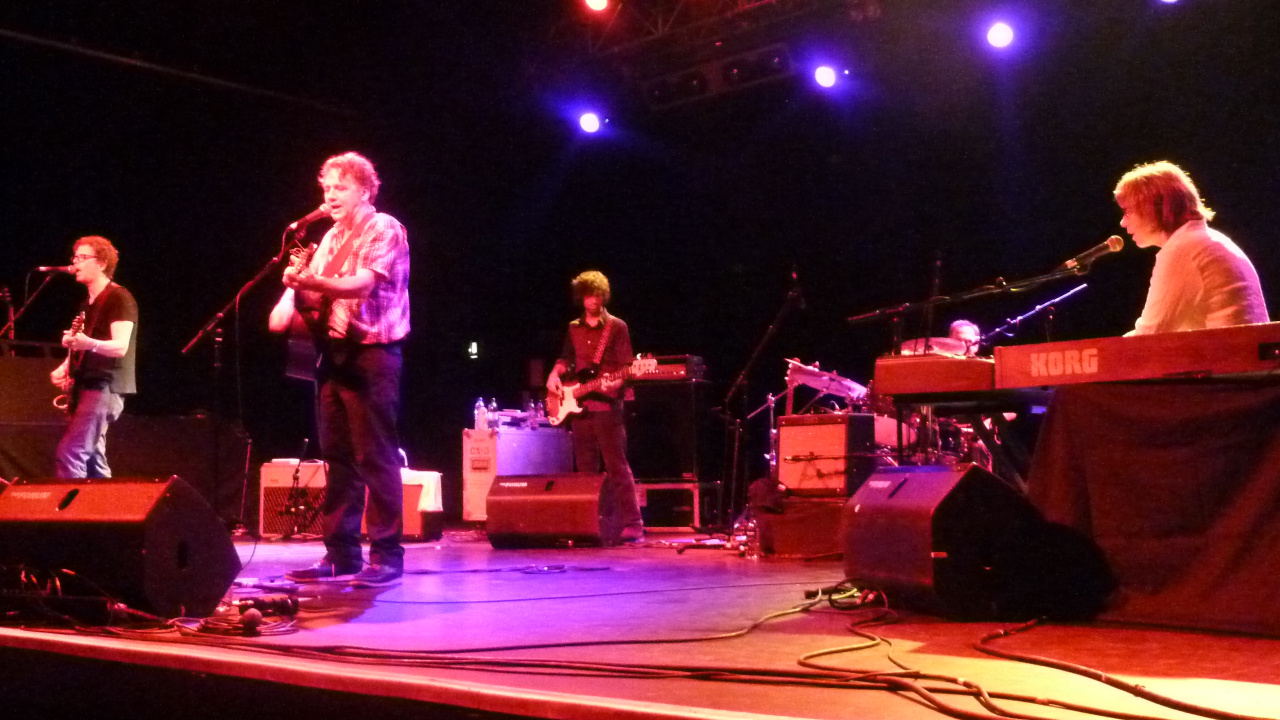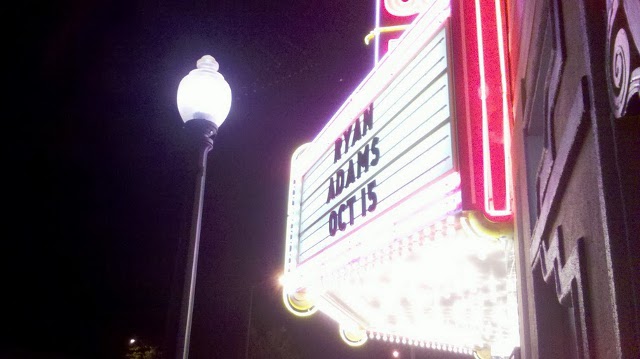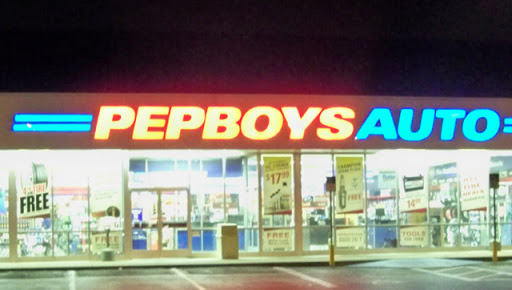( #TheJayhawks )
Opening Act: Tift Merritt
Date: Saturday, October 22nd, 2011
Location: Keswick Theater – Glenside, Pa
The Jayhawks are one of those bands that most people might not know well, but have probably heard a few of their tunes. Musicians like them because they are a band that focuses on harmony and they do it very well. Over the years, I really appreciate what Gary Louris has done with the band after Mark Olson’s departure, but it was a treat to see “classic” line-up…
[Opening Act: Tift Merritt]
Tift Merritt played a short and sweet set, which is considerate of any opening act. I had no prior knowledge of Merritt prior to the concert, so I listened with no expectations. Tift has a strong singing voice that reminded me of Sheryl Crow (that salt and honey sound). She was backed by two solid musicians, one that played pedal steel most of the set. Outside of the natural talent of the whole band, the set fell flat due to material. Most of the songs were downer relationship cliches that put the audience to sleep. The efforts of the pedal steel player gave the tunes a needed brightness, but not enough to keep me interested.
Bottom Line: Tift Merritt has talent and a good ear for musicians but would do well with brighter, faster paced songs that varied from the standard topics of old boyfriends.
[Main Event: The Jayhawks]
The first half of the Jayhawk’s set on Saturday night was sloppy. Somebody was really out of tune the first three songs and the harmonies that I was looking forward too took a while to sync up. That being said, when the band got their shit together, they were very good.
The band did a nice job mixing up older Olson tunes in with Louris’ material after Mark left. The crowd went nuts for “Miss Williams’ Guitar” which produced several whispers stating “they didn’t expect the band to play that song”. A nice surprise was a song sung by the drummer who had a great voice and got the crowd pumped. There was not much banter with the (very animated) crowd and any attempts to do so seemed… confused. Olson kept referencing the fact that they were playing the Keswick Theater and alluded to some history with the stage, but they didn’t let the newbies know what it was (if any reader knows, feel free to share). My buddy assured me that weed most likely played into the equation…whatever gets you through the night.
The band came out for a quick encore and called it a night. In total, they played about 90 minutes. As I mentioned before, once the band was on stage for about a half hour, they started to gel and play much better, but it looked like Louris was a little pissed off until the encore and Olson looked a little out of it.
Bottom Line: Overall, it was a good concert, not great, but definitely good.










